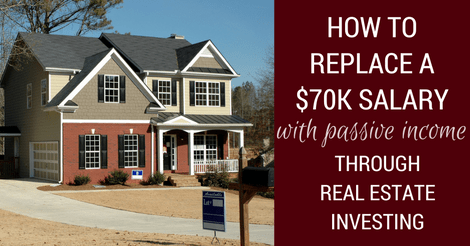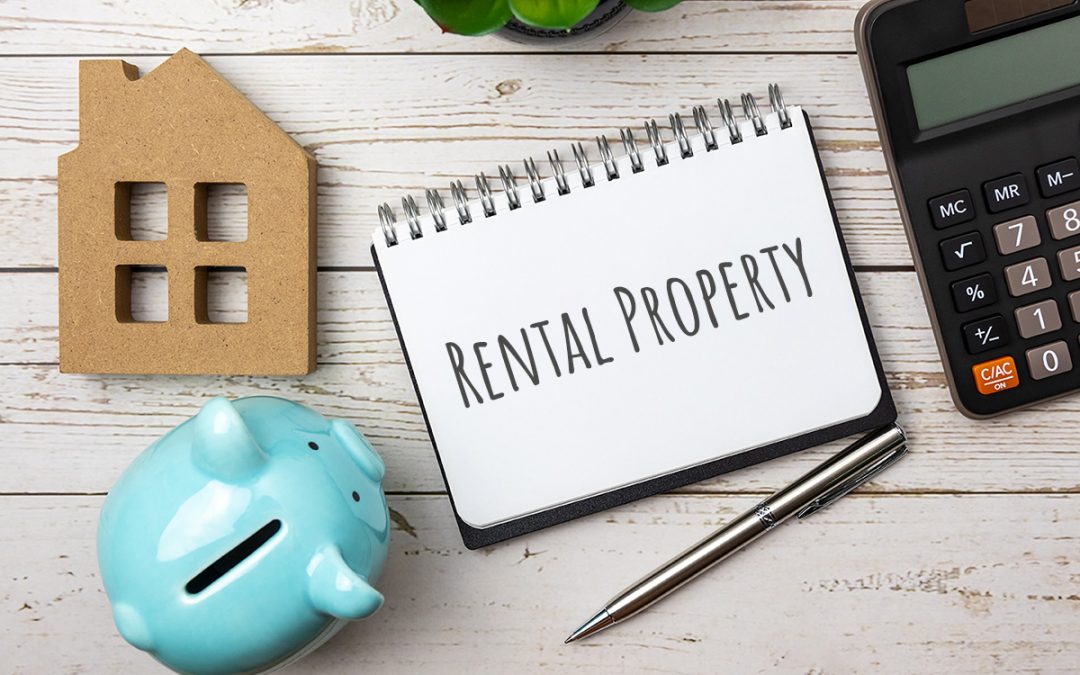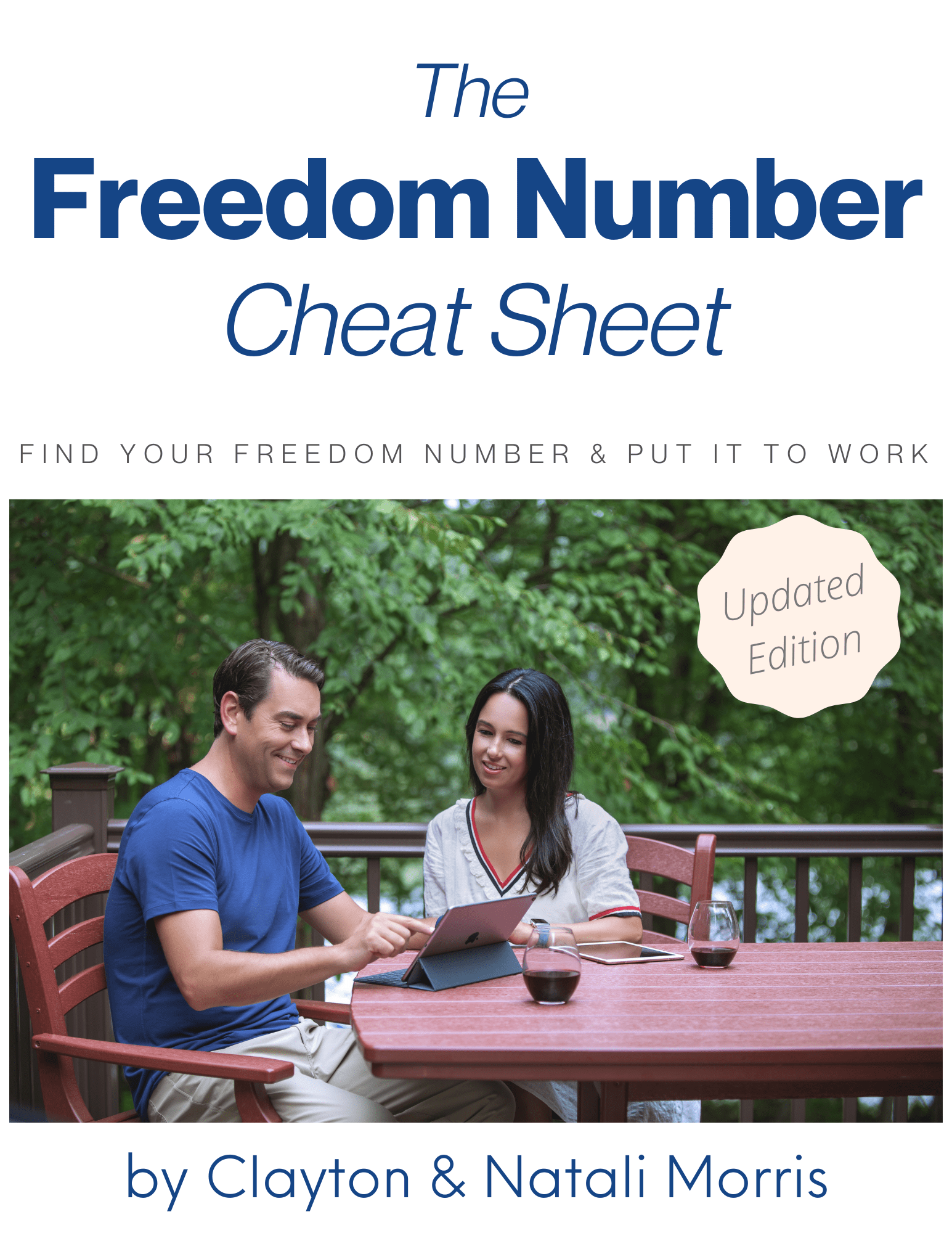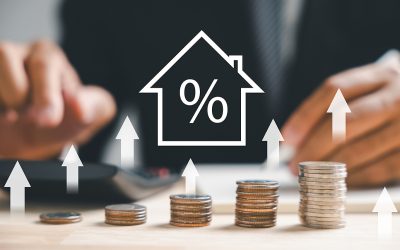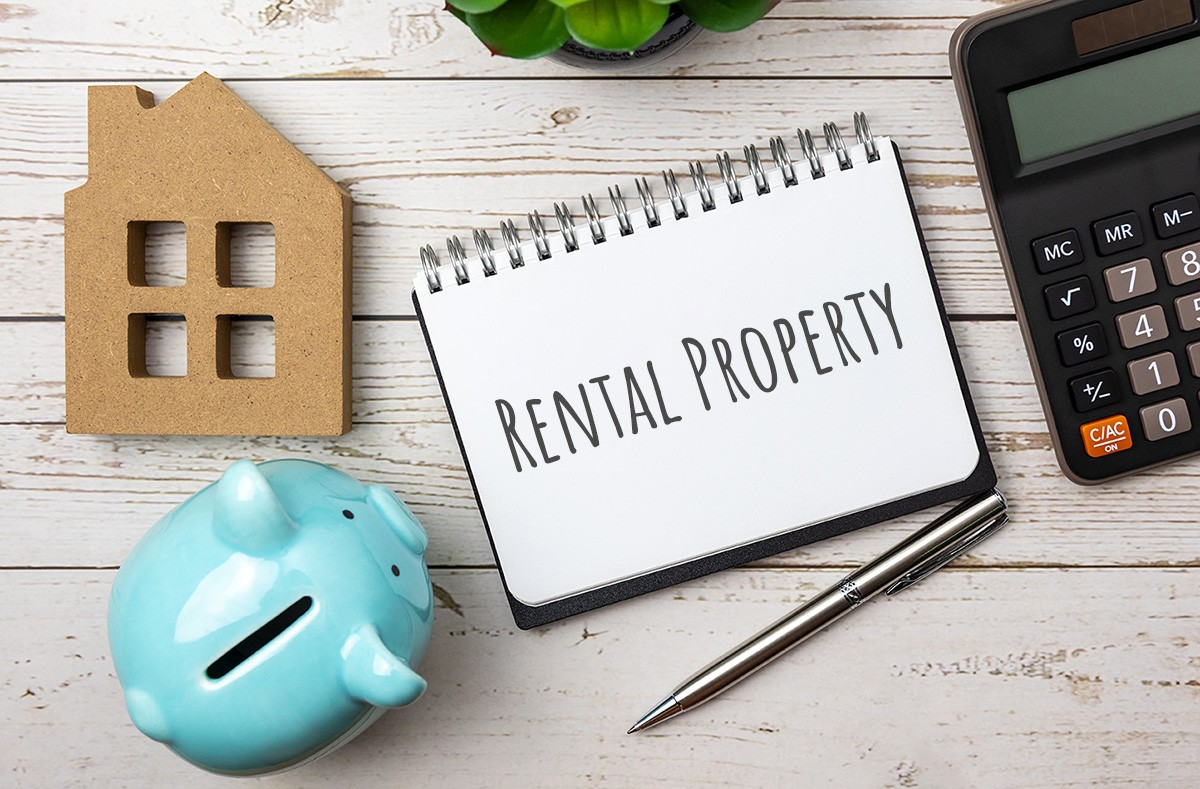
Our interview series continues with Bryan, a new real estate investor who is excited to share his inspirational story of acquiring a cash flowing, buy and hold property through Morris Invest. Our interview reveals how Bryan made a move from the risky stock market to creating a lucrative and stable investment plan through rental real estate, all while using the bank’s money to make it happen.
Bryan’s Journey Moving Forward with His Dream of Investing in Real Estate
Bryan took a step in the right direction when he placed himself on the path to building wealth through rental real estate. The entire investment experience went extremely well for him, to the point that he was more than happy to share his story so others can see just how easy it is to buy a rental property through a full-service real estate company.
He touches on his experience working with the Morris Invest team, his method of financing, as well as reasons why those who are thinking about pursuing this path should take the necessary steps to start the process, and not delay it any further.
Below you will find Bryan’s story, shared through our interview questions that reveal his successful rental real estate experience with Morris Invest:
1. What initially led you to get started in this real estate investing journey?
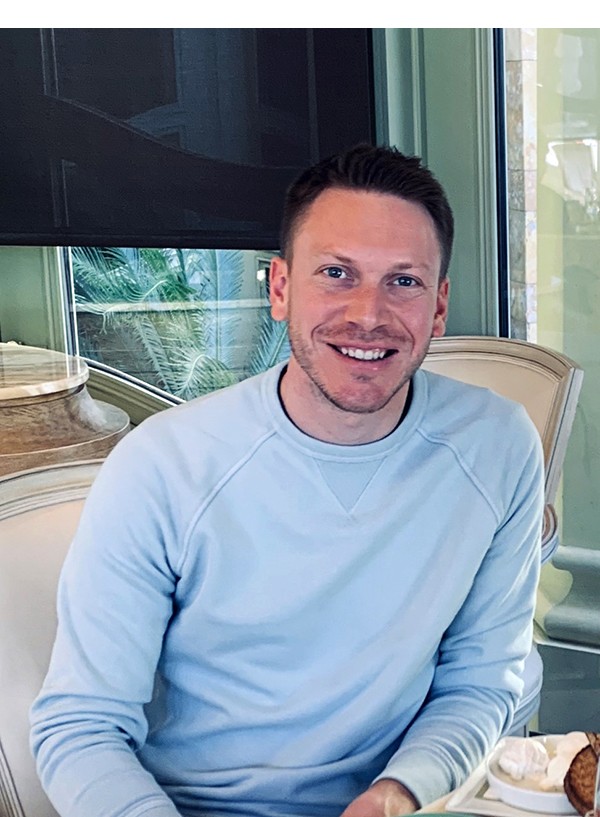 Referring to real estate being a way to protect your wealth, really for me, what hit home was the interview you had with Michael Zuber, and his experience, which was not necessarily all positive while investing in the stock market.
Referring to real estate being a way to protect your wealth, really for me, what hit home was the interview you had with Michael Zuber, and his experience, which was not necessarily all positive while investing in the stock market.
I’m thirty-five years old and I feel like I’m kind of at the top of the hill. But, you know, I have multiple years of experience investing in stocks, and I’ve made a lot of money, and I’ve also lost a lot of money.
So again, going back to preserving wealth with real estate – you put that money into the property, into the asset, and it just sits there, and it generates that positive cash flow, month by month.
That’s really what led me to go the real estate route. I think I was done taking these big risks in the stock market, and I wanted something a little bit more consistent and steady.
Clayton: We’ve actually heard that a lot. At our company, Morris Invest, we’ve had a lot of people who wanted that stable return, and a hedge against inflation, as well as a way to make sure that the cash flow is there. Maybe you’re getting dividends from the stock market, or maybe you’re not. It’s harder and harder to find good dividend stocks these days that are going to provide a high yield for you to get that type of return.
2. How did you discover our company, Morris Invest?
I just started doing some searches on YouTube, and I saw all these different people with flashy cars, and things like that. But you kind of struck a chord with me because you seem really down to earth, and you explain the process.
Even though this is the first time we’re meeting face to face, I feel like I know you because you talk to the average everyday person and you educate people. I think you would agree that your company is education-based first, and the investment side of things comes after that education has been built or established.
Clayton: Absolutely, I would agree with that because our team is building roughly 400 homes – single families and duplexes. So, that means our audience is large, but only a fraction of those people that watch our videos, or listen to our podcasts, are ever going to work with us, and that’s fine. Our goal is to help and educate as many people as possible towards their financial future. Today as we’re recording this, it’s the final day of April, which is Financial Literacy Month. It makes me think, “My gosh, I didn’t learn any of this stuff in school growing up; all I learned was how to balance a checkbook.” It’s so important to teach our children to understand that building financial literacy, understanding how to really make money, and to preserve wealth, is ultimately the entire point. We never learn that in school. That’s our primary mission, as an education company, to help people on their way. And hey, if they work with us, great! If they don’t, then at least they’re taking the steps necessary to fix their credit and move in the right direction.
3. So you booked a call with our team, and you now own how many properties?
As of today, I have one property – a townhome with three bedrooms, and three and a half baths. It’s been performing flawlessly with a positive monthly cash flow. Everything is pretty much on par, if not better than the pro forma that I received working with Josh on our initial conversations. I’m also under contract right now for my second property, due to close this summer – a four bedroom, two bath.
4. Did you manage to see the rental property before you bought it?
Nowadays, with technology, you can go online and drop yourself in the street. Unfortunately, they don’t update it as much as I’d like, because I like to explore the neighborhoods and everything. But my property is visible on Google Maps, so that’s the extent of my area research boots that were on the ground, if you will.
Josh, my portfolio manager, led me through the process step by step. Josh recommended that it would be prudent to get a third party involved to do a property inspection, even though it’s new construction, as a protective measure. I think that’s pretty standard in real estate investing. I reached out to the inspector and they recorded video of all of the different rooms, and bathrooms, and everything, and I was able to see all of that remotely.
Apart from that, speaking with you and Josh, and knowing that Josh, my portfolio manager, the guy selling me the property, is also buying the property next door, was kind of really what did it for me in saying, “OK, well this makes sense.” I’ve got to give him credit, one hundred percent, because without him, without you, none of this would have happened; I guarantee you that.
Also, I liked the numbers and I liked the pro forma – you can mess around with those numbers. You can look at the interest rates, and the amount that you want to put down on the property.
All of those things combined are really what led me to feel confident in pulling the trigger, and making that first purchase. Ever since then, I’ve seen that money come in month after month. People do ask me about what I’m doing, and I have no issues referring them your way just because the experience that I’ve had thus far has been top-notch.
5. How did you go about buying your rental property – with a self-directed IRA, traditional financing, non-recourse financing?
My first property, and my second that’s under contract, are both conventional finance. Regarding the first property, we had a credit union in the area, and at the time, that was the best route for us to go to receive the lowest interest rate. I actually got it locked in at 3%. The loan officer that I was working with said that she had only seen a couple that were below 3%, so I felt pretty good about that.
I think rates have gone up a little bit since then, so for my second property, I think we’re looking at around 3.42%. It changes day by day though, and we’re waiting to see what that’s going to be. Of course, the rate affects your monthly numbers, hopefully nothing shifts too out of whack, and in the next month or so, I can get that locked in at a pretty good rate.
Clayton: We heard from Fed Chief Jerome Powell just yesterday that things are going to remain the same. The Fed is essentially not going to do anything, so interest rates will remain unchanged, and they’re going to continue their bond-buying program. We’ll likely see interest rates very low for the next year, which is good news. It’s basically like free money, if you think about it as a hedge against inflation. By banks giving you money to make a down payment to buy a property that’s cash flowing, with the rate of inflation you’re getting, it’s in many ways like getting free money from the bank.
Absolutely, and something that I never thought about prior to investing in real estate was the tax benefits. I closed on my first property at the end of October, so I didn’t really receive too much of the depreciation benefits for the last tax year. But I’m curious to see how that will work out going forward with one, two, and my ultimate goal of 10 properties.
Clayton: Another thing I wanted to mention regarding the financing is that not only did you get a third party inspection company, you also then have the bank, which does their own inspection – they’re going to make sure that they are covered before they’re going to lend you money. So that’s having another set of eyes.
6. Can you talk about your experience with the property management side of things and the process?
I think I got pretty lucky with my first property because everything kind of aligned. Some things are meant to be, and I feel like this was one of them, to at least get the ball rolling. The property management company collects the rent; if there are any repairs that need to be made, they take care of that also. At this point, since it’s a new construction property, if there are repairs, they’re minor, but everything is handled by the property manager.
I opened up a separate bank account for this property specifically. It seems petty, but you feel proud when you get to put that property name and the property address on the account, because you know that it’s specific to that unit. Every month the property manager will collect rent from the tenant, and then they’ll take out the property management fee, any additional expenses for repairs, and then whatever is left over, they send to my bank account.
What I’ve done is I’ve set up automatic payments on my mortgage, so everything is automated. Now, I don’t have to touch anything. The deposits come in around the middle of the month, and the payments are made around the first, or beginning of the month. Every month, I’ll see my account grow by around $550, and that’s pretty great.
7. You were investing in the stock market prior to purchasing your property, so how different is the world of real estate vs stocks?
It’s funny, when I was doing my thing in the stock market, I’m talking swings of five to ten thousand dollars a day, which is, needless to say, stressful, and creates a lot of anxiety, and that carries over into your personal life. I recall my last straw with that, which was when I was on a vacation with my family and the markets were doing what I didn’t expect them to do, which happens quite a bit. You know, it kind of took that time away from my life, and I said to myself, “You know, I’m not getting younger.”
This real estate thing made sense when I watched your videos, and believe me, I watched a lot of your videos. And now, I can have investments in the stock market, but I’m not touching them; they’re long-term, and I have the same mindset with real estate investing.
I have a lot less anxiety in my life, and I have goals. Right now, my objective is to work hard and make money so that I can acquire the next property. As I said, ten properties is my goal. I do believe my freedom number is less than ten properties, but to be comfortable, and to kind of meet or exceed where I’m at now, it probably would fall within the ten property range.
Clayton: I think you’re right about that. I think any financial anxieties I have come from dealing in crypto or different stocks. I don’t ever think about my real estate properties. I think I own on the same street as you in West Texas and other areas around the country, but, you know, those just perform for me. If there’s something that needs to be fixed, like an occasional towel rack breaks, we get a maintenance request from the property management team, and it’s taken care of. But the anxiety, the stresses that I see, are when a portfolio is moving, or Ethereum is jumping, or something crazy is happening. So, with real estate, I just don’t have that, which is nice.
Yes, it’s definitely a more consistent way to build wealth, and I think the key for me is it protects wealth also. When that cash is tied up in a property, you have that equity, which maybe eventually I can pull that equity out and use it to acquire an additional property.
Right now, I’m just talking to your everyday investor. I’m not like high net worth or anything like that; I’m your average guy. This is a new journey that I’ve started, and I’m happy with it. I’m happy with your company and I’m happy with my portfolio manager.
Josh, again, he’s been great. You know, I had so many questions, Clayton, being that this was my first time acquiring real estate, and he had been so patient, and continues to be patient. He told me, as you acquire more properties, the process is similar, so it gets easier. I can attest to that for anything that I’ve done in the past. The first time you do something, it’s scary, and then as you continue, and you learn the process. You learn what steps need to be made in order to repeat the process.
8. Are there any final thoughts you would like to give to new investors out there who are thinking about taking the plunge and haven’t moved forward on taking action yet?
Well, every month that you wait, you’re losing out on that cash flow, and that growth of equity, since you have a tenant that’s essentially paying your mortgage. Think about it this way, if you had two properties, five properties, ten properties, between appreciation, conservative numbers, equity, pay down, and cash flow, you could be making or replacing, probably replacing your current salary. The longer you wait, the longer you’re postponing, or procrastinating that reward.
I would have done it earlier, to be honest with you. I wish I would have rewound and taken some of those profits I had made, and preserve them in real estate. I would probably be a little bit ahead of the curve right now, but better late than never. If I could give anyone advice, it’s to take action sooner than later.
Clayton: I wish I would have started earlier also. I was too focused on my career before I started in real estate and changed my life. Bryan, it’s been a real treat getting to know you and watching your journey, and watching your portfolio grow. It’s really exciting. The sky’s the limit for you!
Important Interview Takeaways
Our interview with Bryan provided some outstanding takeaways that can really help those who are thinking about investing in real estate. Let’s take a look at them below:
1. The Stock Market is Risky While Real Estate is a Financially Stable Investment
Holding your life’s savings in the stock market can be very risky. So, if you have a retirement account that relies on stocks – 401k or traditional IRA, and the like, then you should rethink your retirement strategy. Why? Because you could lose your nest egg in the blink of an eye.
We are all familiar with how the stock market crashed due to the recent pandemic. Well, what if you were set to retire that same year, and your retirement fund was reduced by 50%, or more. This unexpected and uncontrollable depletion of your account could delay your retirement. Why take that risk? Additionally, you heard it straight from Bryan how stressful it was when he would unexpectedly lose money because of the ups and downs of the stock market, to the point where he decided he wanted out, and began his real estate investing journey.
Wise investors know that rental real estate is a safe, reliable investment vehicle that’s not touched by the ups and downs of the economy, since everyone needs a place to live no matter what’s going on in the world. Owning buy and hold real estate will produce monthly cash flow, like clockwork, and you don’t have to worry about hundreds of thousands of dollars disappearing from your account when you wake up in the morning, like you do with the stock market. If you’re interested in this topic, you can read more about it in our latest article titled – Best Investing Strategies: Real Estate VS Stocks.
Lastly, you can actually use your current retirement account to fund the purchase of a lucrative rental property by having it converted to a self-directed IRA. Read our article on the topic to see if this might be an option for you – Investing in a Self-Directed IRA.
2. You Lose Out on Potential Cash Flow When You Sit on Your Decision to Get Started
Bryan’s only regret was that he did not start investing in real estate earlier – this is coming from someone who is now seeing his bank account grow by $550 a month, even while he is vacationing, so it’s worth considering. After going through the entire process, with the end result being an income-generating property, he realized what a smart decision it was to invest in real estate, and he is now investing in his second property. He made it past the fear, anxieties, and the procrastination from indecisiveness, and now he is on his way to building great wealth.
The sooner you own a lucrative rental property, the sooner you can leave your day job, if that’s what you desire. Additionally, for those who use a self-directed retirement account to invest in real estate, the earlier you start, the larger your retirement account will be when it’s time to use it. Investing in real estate is the number one way to build wealth, as well as the best way to protect your wealth, so it just makes sense to get started sooner rather than later.
For those who are delaying because of the fear of the unknown, or because you don’t know how to get started, our team can take care of every detail for you. Simply schedule a call with Morris Invest; we will explain the entire process, and get you started, just like we did with Bryan.
3. Using the Bank’s Money is a Great Financial Strategy When Investing in Real Estate
One great aspect of investing in real estate is that you can build wealth using other people’s money. You can go the route of obtaining a conventional bank loan to purchase a rental property, like Bryan did. Or you can utilize a non-recourse loan. A non-recourse loan is perfect for those who have less than perfect credit. Why is this the case? Because the bank is not basing the loan eligibility on you or your credit score, but instead, on the property itself.
They evaluate the condition of the property, the area it’s in, if it has or will soon have a paying tenant, and other elements. Additionally, if you were to default on the loan, since the lender is using the house as collateral, this means that they will never come after you or your personal assets. Furthermore, remember that you will not be paying this loan back; your tenant will.
There are also other ways to buy without using your own money – take a look at our review on Fund & Grow to learn about using unsecured business credit cards to fund a rental property purchase.
4. A Full-Service Real Estate Company is the Best Way to Get Started
As you can tell from everything that Bryan discussed, utilizing a full-service investment company to start your real estate journey is the easiest, most cost-effective, and time-saving way to proceed. Additionally, it eliminates the confusion and stress of trying to figure everything out yourself.
Letting a team of experienced real estate professionals handle everything for you just make sense, and it’s a way to fast-track your dream of owning a cash flowing rental property. Here is a great article that goes into detail about how to buy a rental property with the help of a full-service investment company, and why it’s a good idea to buy before the end of the year.
Get Inspired with These Additional Investor Interviews
Morris Invest has many clients that have inspiring real estate experiences to share. We invite you to dive into our top interviews as seen below – get to know their motivation behind becoming real estate investors, hear their stories of success, and more:
- How To Spend Less Time Working and More Time Living – An Interview with Michael
- Recession Proof Your Investing – An Interview with Jarrett
- An Exceptional Real Estate Investment Experience – Interview with Norvella
Morris Invest Rental Real Estate Resources
If you’re a new investor, or even someone who has been around the block a few times, and considers themselves a seasoned investor, it’s always a good idea to stay on top of your game with information. Below you will find a few of our most popular articles:
- Find out why Texas real estate is more affordable for investors.
- Read this article on equity as it pertains to a real estate portfolio.
- A cost segregation study can save you thousands, this post explains how.
- Learn why turnkey properties are a good investment.
- Do you know what the BRRRR method is? Learn how it can build your portfolio.
- Consider buying property with multiple investors to up your purchasing power.
- Read how to increase your cash flow with the BRRRR method.
- Learn all about rental income and taxes so you’re prepared come tax time.
Start Your Real Estate Journey to Achieve the Financial Freedom You deserve
We hope you were inspired by Bryan’s story of acquiring a cash flowing piece of real estate, and his goal of someday owning ten rental properties. He started as a stock investor who felt his money was in an unstable environment, and he now owns a recession proof, stable, income-generating asset.
If you’re not happy with your financial situation, we encourage you to set your fears aside, be inspired by the path that Bryan set himself on, and make the next move! Like we said, Bryan’s only regret was not starting sooner. We would love to speak with you to answer any questions you may have. Feel free to schedule a call with Morris Invest.
Before you go, be sure to grab a cup of coffee and watch the full interview below:
Ready To Build Passive Income Through Rental Real Estate?
Ready to talk about your goals? We're here to show you the tools and teach you the process to begin earning legacy wealth for you and your family.

